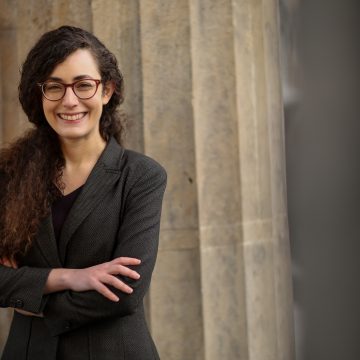PLAY
Aktor
[Actor]Synopsis
A hotel room. Offstage, a woman is in labor. She is the wife of an actor, referred to as “the Man.” An actress who is his colleague in the troupe bemoans the fact that the he has not done anything to take care of his wife; in fact, he is scheduled to perform on stage that very evening. Over the course of the play, the midwife and the actress assist with the delivery and deal with the landlord (the actress gets him to agree to wait for payment for the room by offering him a free ticket to the theatre and a special dance done to his liking while she is wearing a short dress). Meanwhile, the Man, a second actor from the troupe, and the actress debate the pros and cons of their profession, discuss different styles of acting, and talk about their audiences. The Man has a philosophical, impractical nature and extols theatre as an art. He is ridiculed by the other actor because he would like his son, if he has one, to follow in his footsteps as an actor. The other actor says it would be better for the child to become a shoemaker, since then he would at least have food to eat, instead of going hungry, wandering from city to city, and sleeping in strange beds with other people’s germs and sweat. While an actor may wear a fancy costume on stage, he can’t even pay the shoemaker to mend a hole is his shoe. The Man questions his colleague’s ability to appreciate art if he keeps being focused on silly things like food. Art is a divine gift and a true artist is a priest [kohen] of art! The actress claims she has a good life and earns enough (even though she does not bother learning her lines because people come to see her, not hear her). She thinks it is important to give the public what they want –– especially dance numbers. It maddens her that the Man has not saved any money for the expenses of childbirth, and says that she would rather remain unmarried than ever marry an actor. Finally they discuss the monologue the man will perform that evening; the actress asks if it is by Shomer, but he tells her it is by the Polish poet Jan Kochanowski, of whom she has never heard. He begins declaiming the monologue, a father’s lament at the death of his child, and does not pay attention to his wife’s screams or the midwife’s attempt to get his attention. Even after the midwife informs him that the child was stillborn, he does not notice at first, and thinks his colleagues’ distress is due to his moving performance. Eventually he realizes, to his horror, what happened and goes offstage to his wife.
